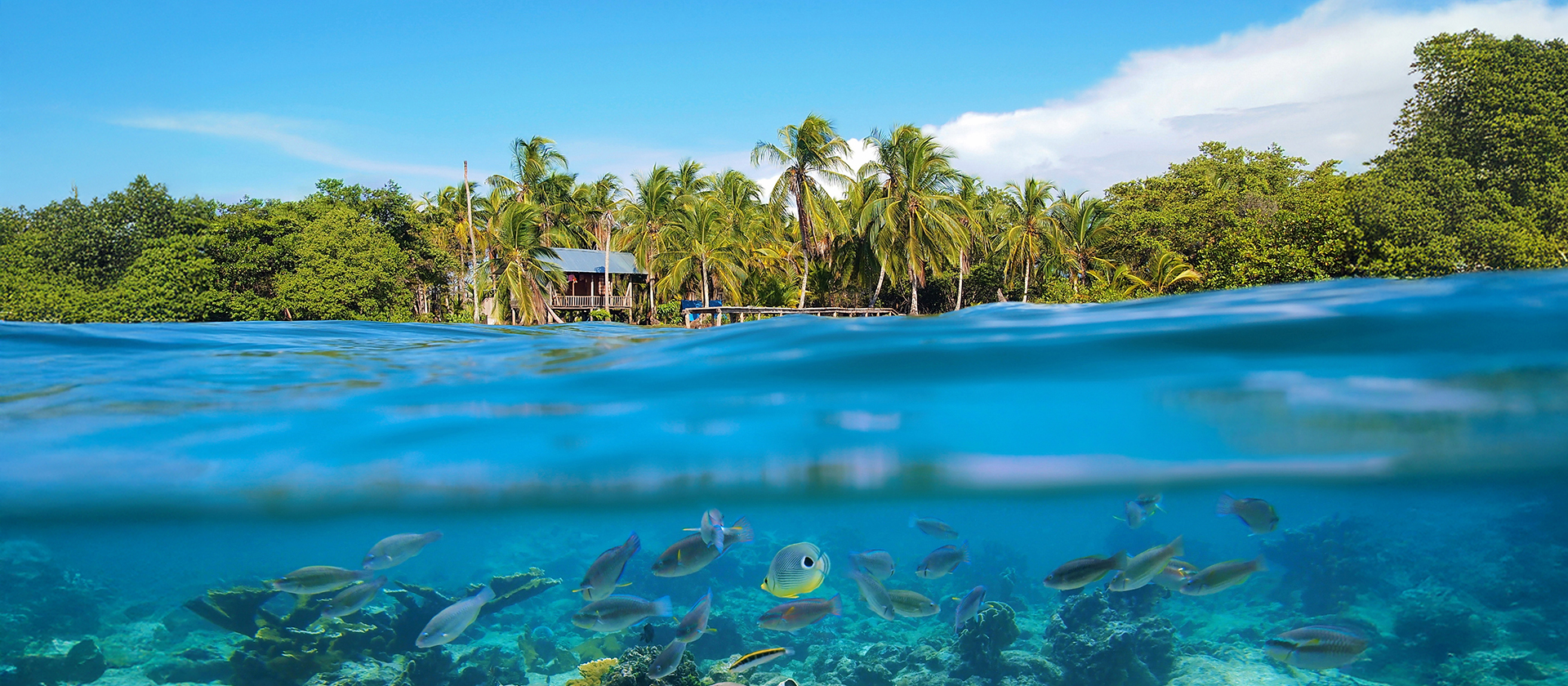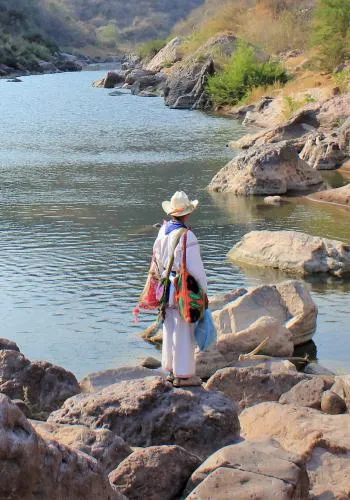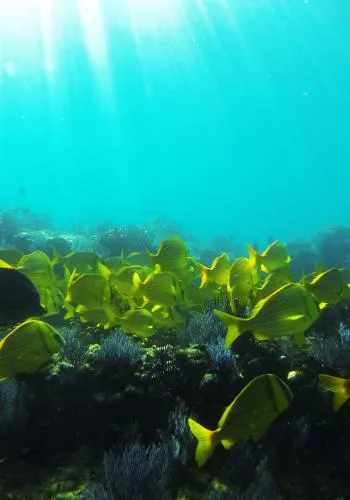From our blog
Dive into our latest insights and stories from our team
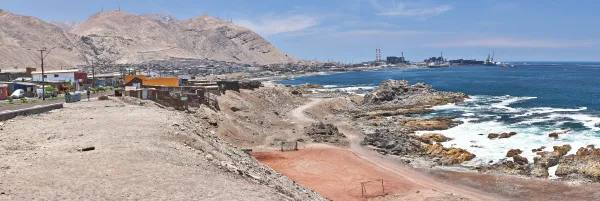
The importance of the “how” in the energy transition
In a just energy transition, companies along the entire coal and other fossil fuel supply chain must ensure responsible closure and exit.

Content Coordinator
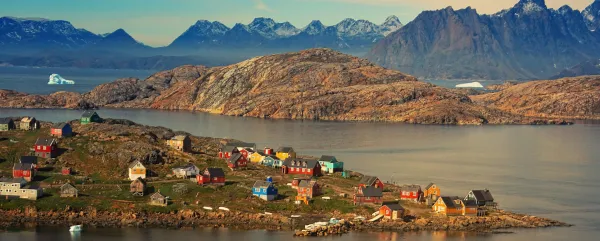
5 key facts about “rare” earth elements
By understanding where the raw materials behind the technologies we use come from, we can also rethink the kind of future we want.

Digital community specialist
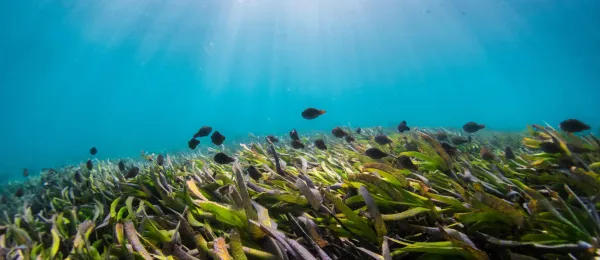
What comes next after the High Seas Treaty enters into force?
A new key phase is beginning: implementing the agreement to turn it into concrete, lasting action for ocean health.

Content Coordinator
From our Press releases
Stay updated with our latest key advances
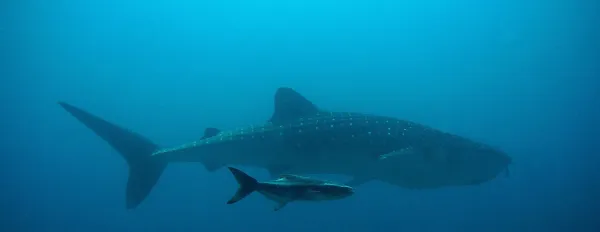
Historic High Seas Treaty enters into force, launching a new era of global ocean governance
The agreement enables progress toward the effective implementation of the principle of the common heritage of humankind.
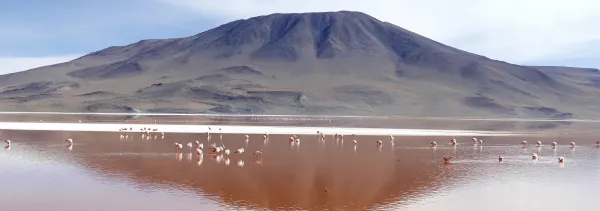
“Choose Europe”: Prioritizing minerals, not rights
The European Union is showing an increasingly disconnected approach to human rights, community voices, and the global socio-environmental crisis.
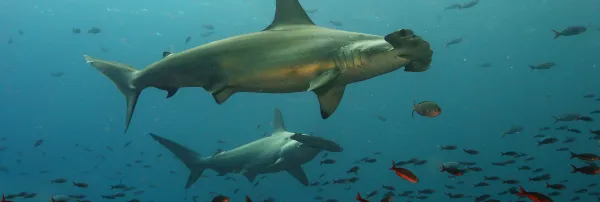
AIDA Celebrates Historic High Seas Treaty and Calls for Effective Implementation
We will continue to work for the effective implementation of this instrument that seeks to protect our future.
When the violation of the rights of Amazonian peoples in Brazil receives no response nationally, these communities find in AIDA a voice in the Americas.

